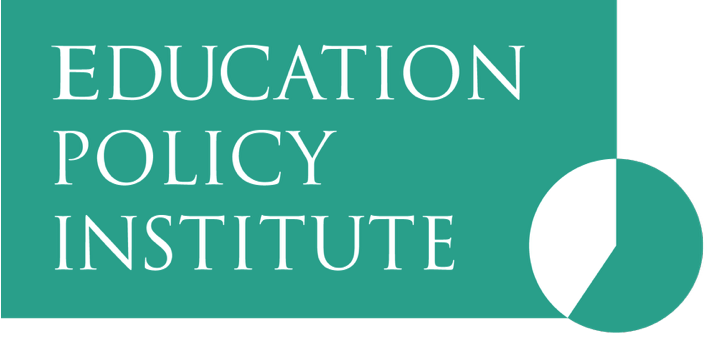The Education Policy Institute was commissioned by the Essex County Council Education Task Force to review the evidence around reading skills, related outcomes and interventions. The Task Force is an independent body created to oversee post-Covid recovery in education and young people’s mental health in Essex; a major focus of the Task Force has been launching the Essex Year of Reading 2022-23.
This review examines the evidence on the effect of reading on children and young people’s long term educational, occupational and health outcomes; the effectiveness of approaches used to enhance reading skills, including a critical discussion of the quality of the evidence; and aims to shine a light on what the literature has to say about aspects of Essex’s Year of Reading programme.
Children who cannot read effectively are likely to face significant challenges, and we know that early reading skills predict later reading skills. Children who are poor readers at age 8, for instance, were almost 20 times more likely to be poor readers at age 11. Evidence from England also suggests that prior attainment in early literacy skills, as measured by the Year 1 phonics check, is highly correlated with reading performance on the Progress in International Reading Literacy Study (PIRLS).
As children grow older, disparities between proficient and poor readers may grow larger. Therefore, understanding the relationship between reading and later outcomes, as well as the evidence on interventions that strengthen reading skills remains important to the sector and policymakers alike.

